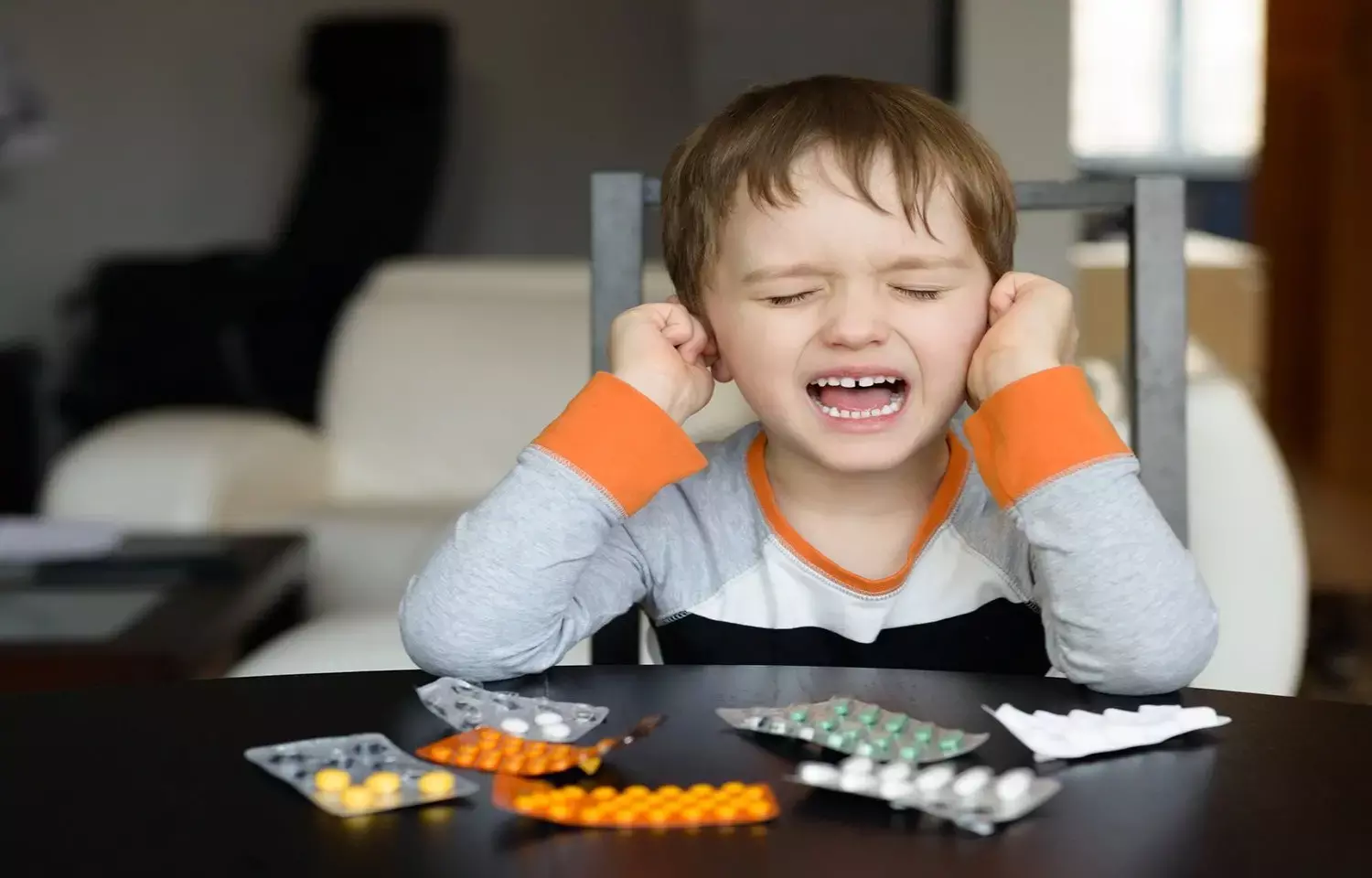- Home
- Medical news & Guidelines
- Anesthesiology
- Cardiology and CTVS
- Critical Care
- Dentistry
- Dermatology
- Diabetes and Endocrinology
- ENT
- Gastroenterology
- Medicine
- Nephrology
- Neurology
- Obstretics-Gynaecology
- Oncology
- Ophthalmology
- Orthopaedics
- Pediatrics-Neonatology
- Psychiatry
- Pulmonology
- Radiology
- Surgery
- Urology
- Laboratory Medicine
- Diet
- Nursing
- Paramedical
- Physiotherapy
- Health news
- Fact Check
- Bone Health Fact Check
- Brain Health Fact Check
- Cancer Related Fact Check
- Child Care Fact Check
- Dental and oral health fact check
- Diabetes and metabolic health fact check
- Diet and Nutrition Fact Check
- Eye and ENT Care Fact Check
- Fitness fact check
- Gut health fact check
- Heart health fact check
- Kidney health fact check
- Medical education fact check
- Men's health fact check
- Respiratory fact check
- Skin and hair care fact check
- Vaccine and Immunization fact check
- Women's health fact check
- AYUSH
- State News
- Andaman and Nicobar Islands
- Andhra Pradesh
- Arunachal Pradesh
- Assam
- Bihar
- Chandigarh
- Chattisgarh
- Dadra and Nagar Haveli
- Daman and Diu
- Delhi
- Goa
- Gujarat
- Haryana
- Himachal Pradesh
- Jammu & Kashmir
- Jharkhand
- Karnataka
- Kerala
- Ladakh
- Lakshadweep
- Madhya Pradesh
- Maharashtra
- Manipur
- Meghalaya
- Mizoram
- Nagaland
- Odisha
- Puducherry
- Punjab
- Rajasthan
- Sikkim
- Tamil Nadu
- Telangana
- Tripura
- Uttar Pradesh
- Uttrakhand
- West Bengal
- Medical Education
- Industry
Watchful Waiting May Reduce Unnecessary Antibiotics for Ear Infections in Children: Study

A multicenter study published in Journal of the Pediatric Infectious Diseases Society examined children aged 6 months to 17 years with acute otitis media (AOM) to evaluate the impact of implementing “watchful waiting” strategies on antibiotic use. Researchers found that broader adoption of watchful waiting could significantly reduce unnecessary antibiotic prescriptions, promoting safer and more judicious use of these medications in pediatric populations.
The study included data from health systems across Illinois, Colorado, and Utah, spanning 2018 to 2023. Children with mild-to-moderate AOM symptoms were monitored without immediate antibiotic intervention, while those with severe or high-risk presentations received standard treatment. Outcomes measured included rates of antibiotic prescription, symptom resolution, and subsequent complications. Results demonstrated that delayed prescribing in appropriate cases did not increase adverse events while substantially lowering overall antibiotic use.
Authors emphasized that watchful waiting provides a practical approach to antimicrobial stewardship in pediatric care. Reducing unnecessary antibiotics can help limit resistance, decrease medication-related adverse effects, and foster more individualized patient management.
The study supports updating clinical guidelines to incorporate evidence-based criteria for delayed antibiotic therapy, particularly for otherwise healthy children with non-severe AOM. Future research may explore integrating telehealth follow-ups and parent education to further enhance the safety and effectiveness of this strategy.
Reference:
Smith, J., Lee, K., Patel, R., & Hernandez, M. (2025). Watchful waiting to reduce unnecessary antibiotics in children with acute otitis media: A multicenter US study. Journal of the Pediatric Infectious Diseases Society. https://doi.org/10.1093/jpids/piaf104
Dr. Shravani Dali has completed her BDS from Pravara institute of medical sciences, loni. Following which she extensively worked in the healthcare sector for 2+ years. She has been actively involved in writing blogs in field of health and wellness. Currently she is pursuing her Masters of public health-health administration from Tata institute of social sciences. She can be contacted at editorial@medicaldialogues.in.
Dr Kamal Kant Kohli-MBBS, DTCD- a chest specialist with more than 30 years of practice and a flair for writing clinical articles, Dr Kamal Kant Kohli joined Medical Dialogues as a Chief Editor of Medical News. Besides writing articles, as an editor, he proofreads and verifies all the medical content published on Medical Dialogues including those coming from journals, studies,medical conferences,guidelines etc. Email: drkohli@medicaldialogues.in. Contact no. 011-43720751


